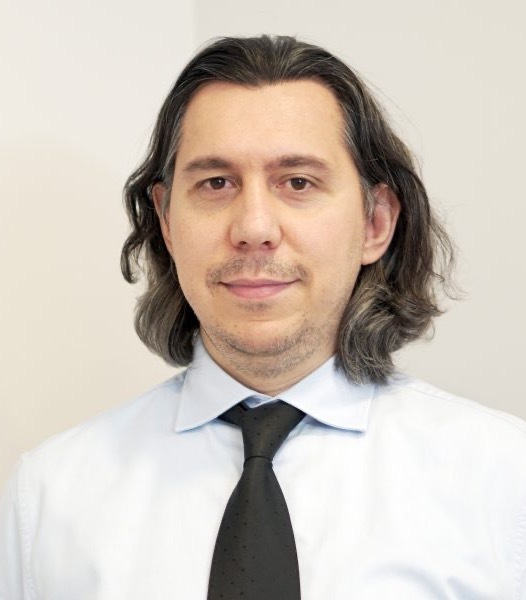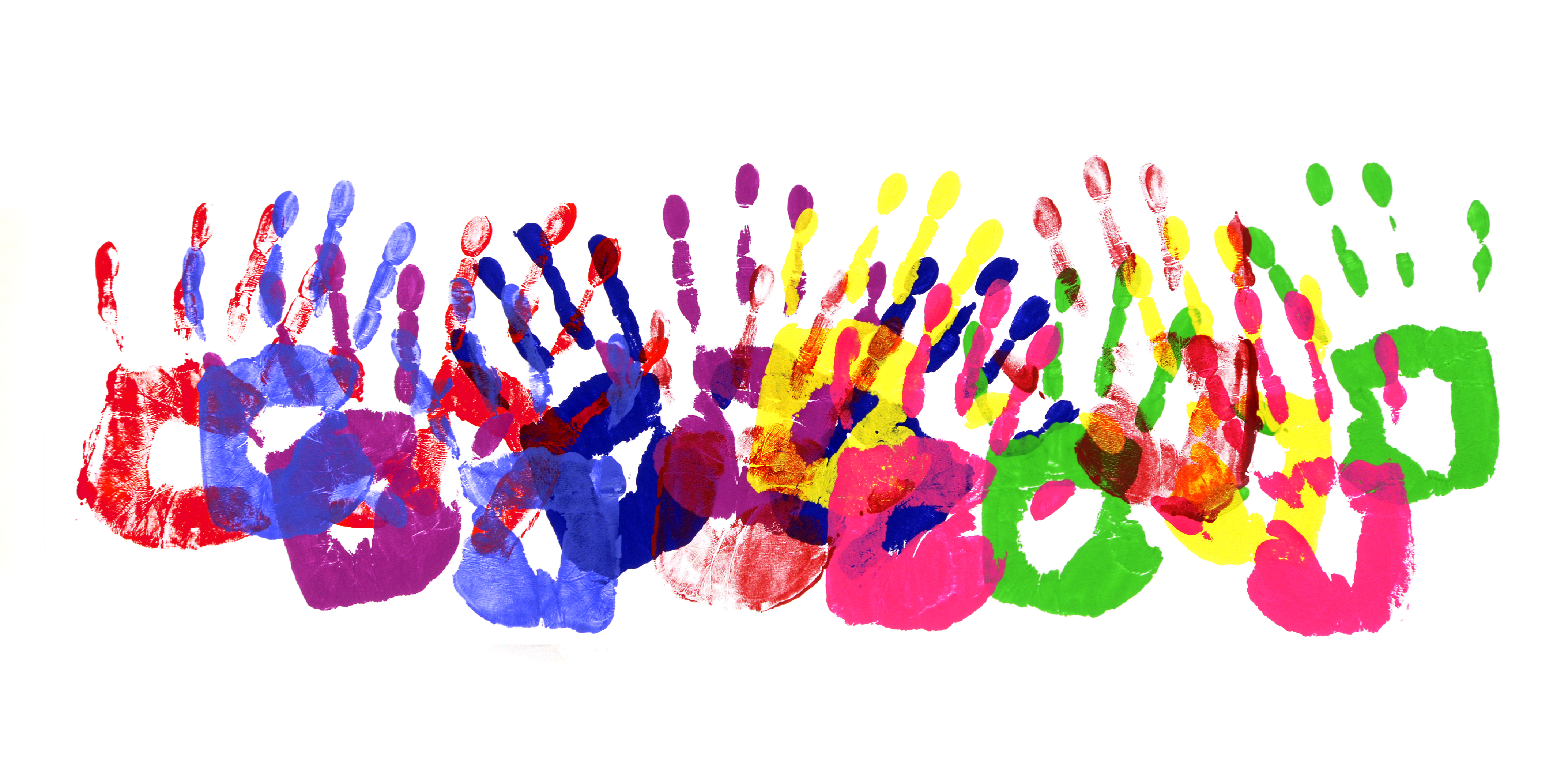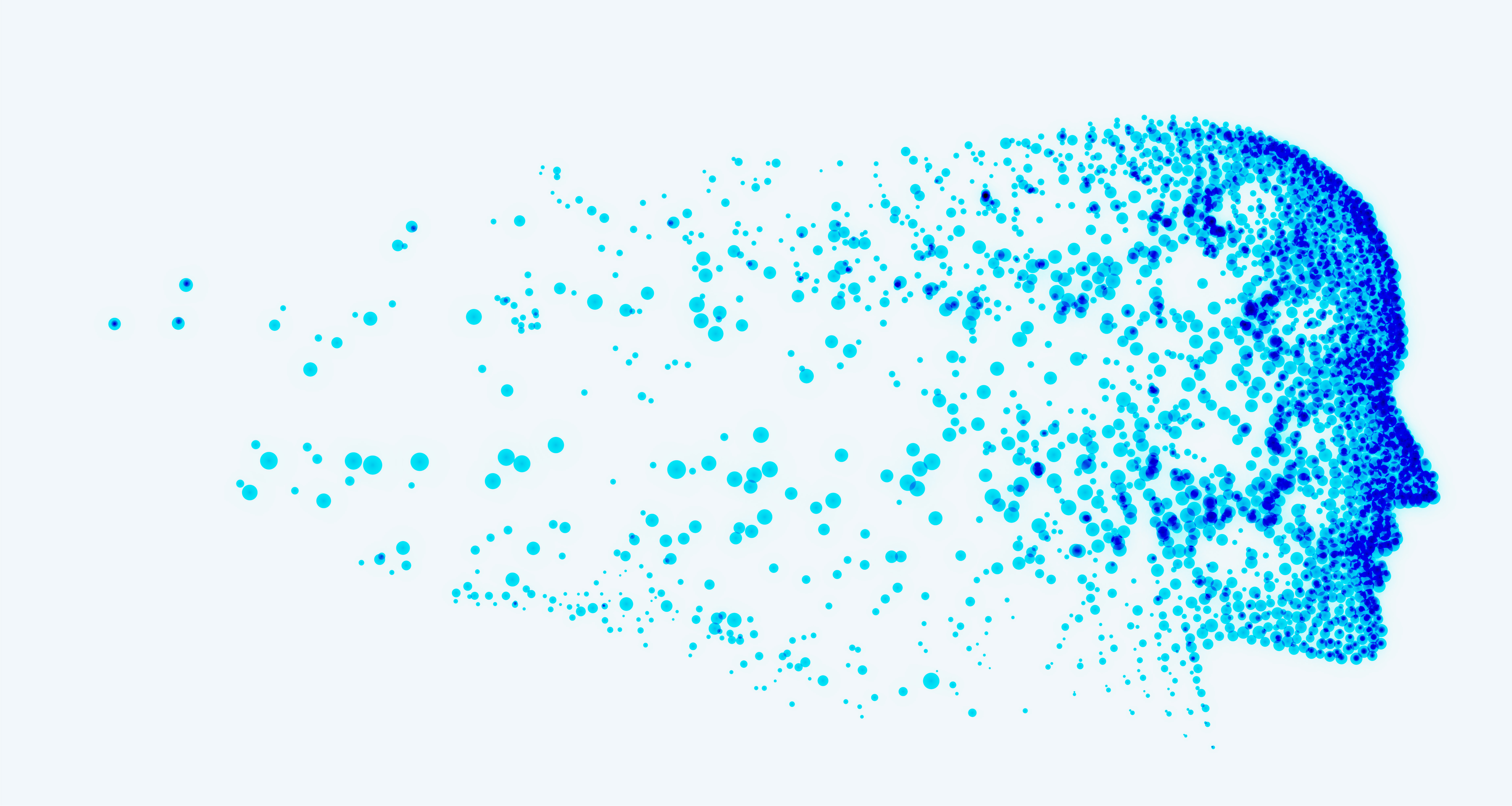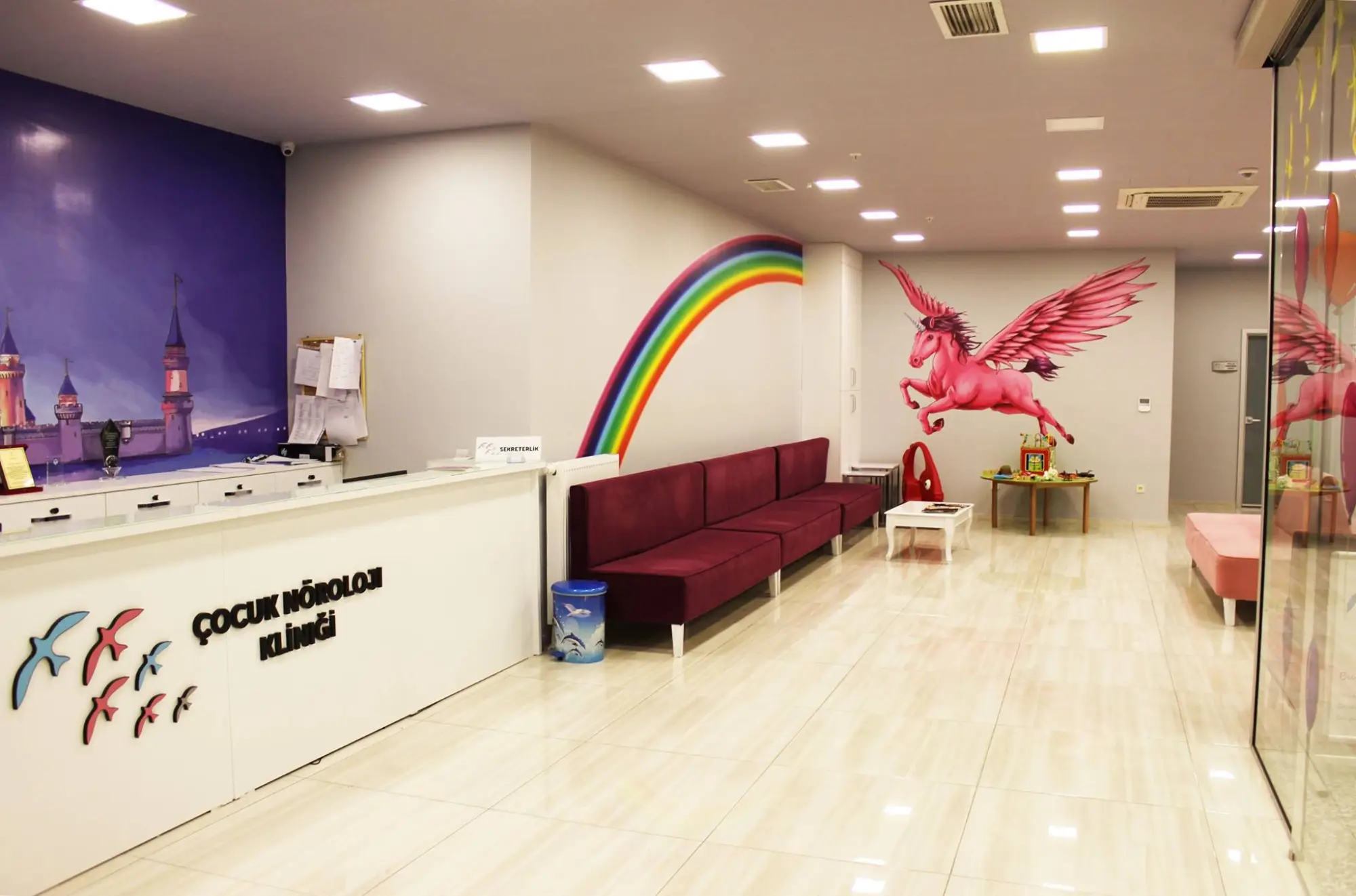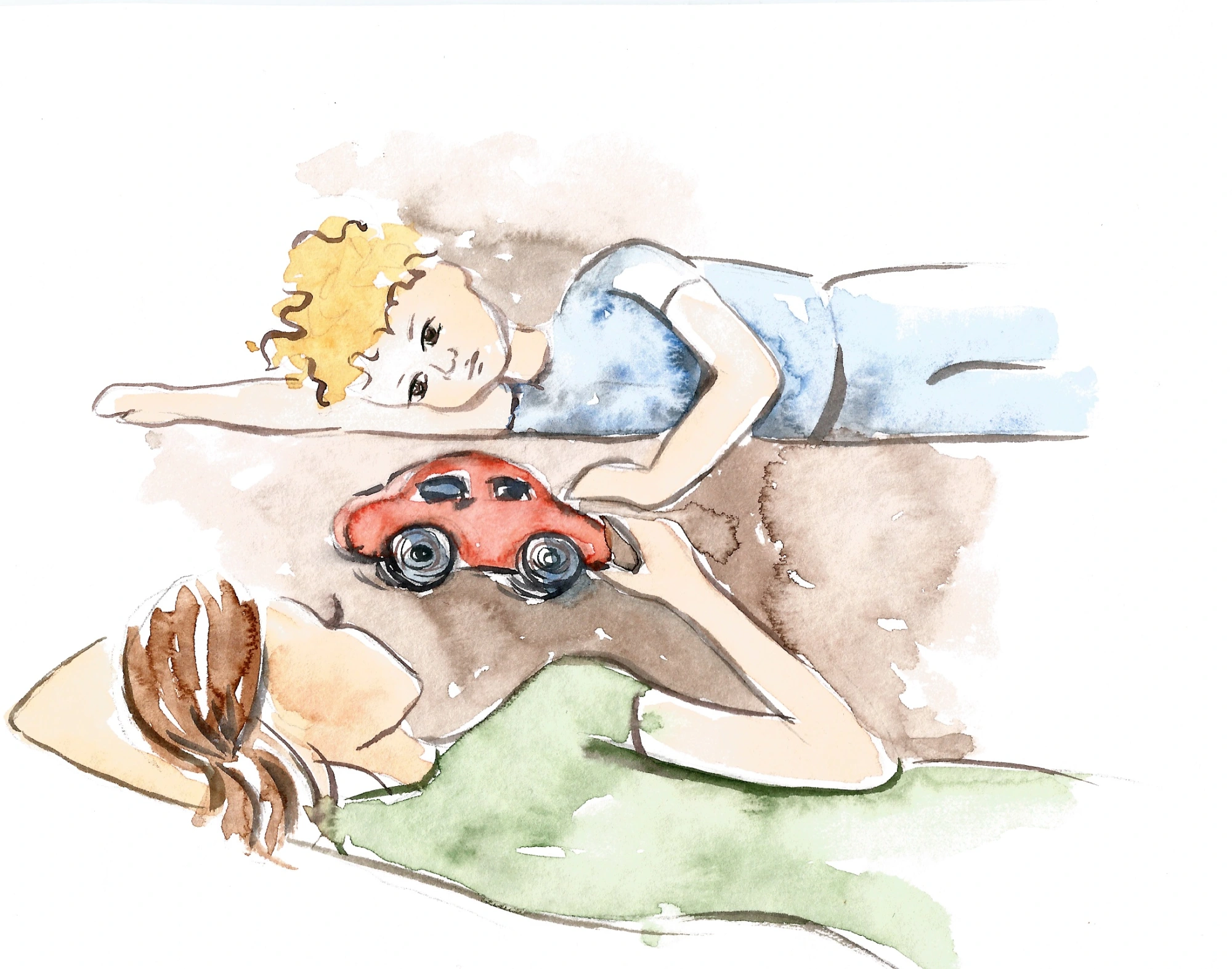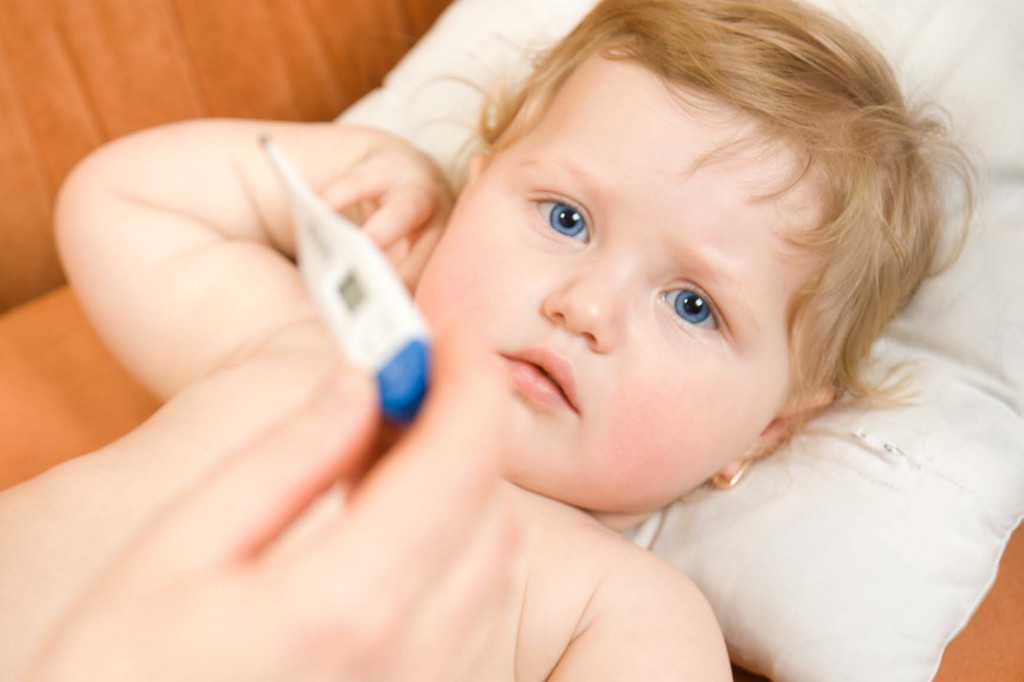Assoc. Prof. Barış Ekici
Brief Information About Assoc. Prof. Barış Ekici
 <p>Doctor Barış Ekici completed his pediatrics specialization in Cerrahpaşa Medical Faculty Pediatric Clinic in 2007. She was awarded the title of University Associate Professor in 2013, after receiving her pediatric neurology minor specialization at Istanbul University, Istanbul Faculty of Medicine.</p>
<p>Doctor Barış Ekici completed his pediatrics specialization in Cerrahpaşa Medical Faculty Pediatric Clinic in 2007. She was awarded the title of University Associate Professor in 2013, after receiving her pediatric neurology minor specialization at Istanbul University, Istanbul Faculty of Medicine.</p>
